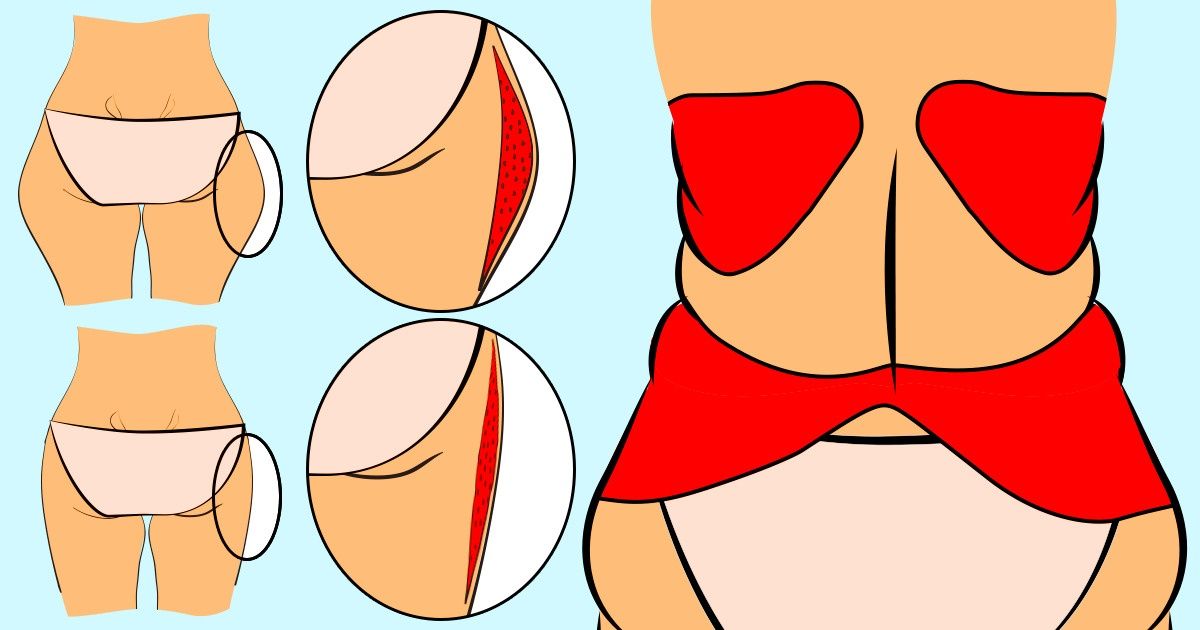Did you know that your daily habits could be secretly speeding up the aging process? While genetics play a role in how we age, research suggests that up to 80% of visible aging signs—like wrinkles, sagging skin, and dullness—are influenced by lifestyle choices rather than just DNA. From the way you sip your morning coffee to the amount of sleep you get each night, these seemingly innocent routines might be adding years to your appearance and health without you even noticing.
In this post, we’ll explore five sneaky habits that could be accelerating your aging process and provide practical, science-backed solutions to help you prevent premature aging. Whether you’re looking to maintain youthful skin or boost your overall vitality, understanding these habits is the first step toward a healthier, more vibrant you. Let’s dive into the surprising ways you might be aging faster—and how to turn back the clock with simple changes.
Lifestyle Choices That Are Making You Age Faster
Sipping Through Straws Every Day
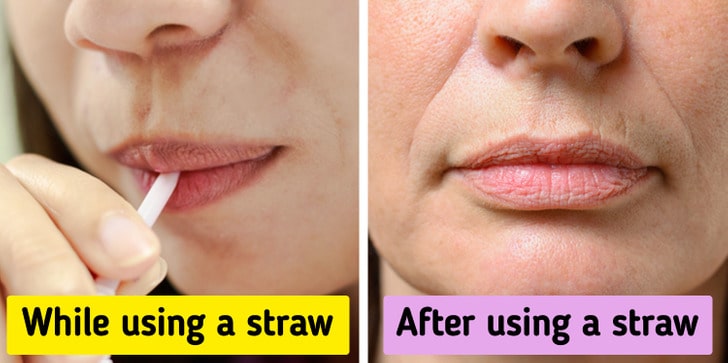
You might love sipping your iced latte or smoothie through a straw, but this daily habit could be carving fine lines around your mouth faster than you’d expect. When you purse your lips around a straw, you’re engaging the same muscles repeatedly, much like you would while smoking. Over time, this repetitive motion can break down collagen and elastin—the building blocks of smooth, youthful skin—leading to wrinkles known as “pucker lines.”
How It Speeds Up Aging: Dermatologists explain that constant muscle contractions around the mouth create dynamic wrinkles. The American Academy of Dermatology notes that habits like straw use mimic the effects of smoking on the skin, accelerating visible aging.
The Evidence: A study in the Aesthetic Surgery Journal highlights how repetitive facial movements contribute to wrinkle formation, particularly around the lips.
What You Can Do: Skip the straw and sip directly from a glass or cup to reduce strain on your facial muscles. If straws are a must—say, for dental health—opt for wider, reusable ones and limit how often you use them.
Adding a collagen-boosting serum to your skincare routine for aging skin can also help repair damage and keep your complexion smooth. Small tweaks like this can go a long way in preserving your youthful glow.
Overindulging in Cakes and Pastries
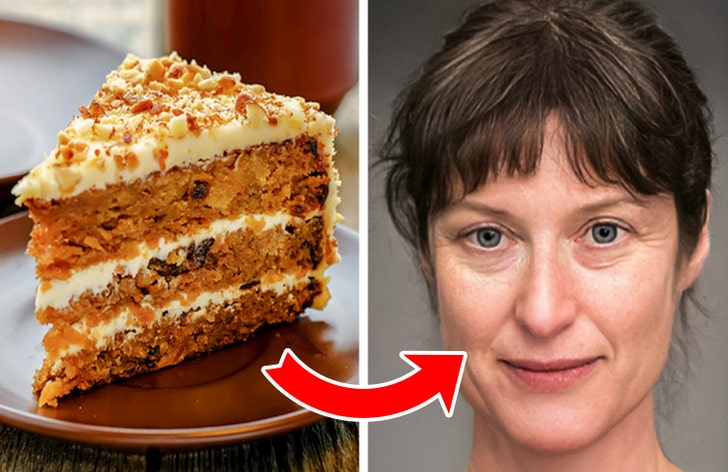
Who doesn’t enjoy a slice of cake or a flaky pastry now and then? But if these sugary treats are a regular part of your diet, they could be speeding up your aging process from the inside out. Sugar triggers a reaction called glycation, where it binds to proteins like collagen and elastin, making them rigid and less effective. The result? Sagging skin, deeper wrinkles, and a loss of that radiant, youthful look.
- How It Speeds Up Aging: The National Institutes of Health (NIH) explains that glycation produces Advanced Glycation End-products (AGEs), which not only damage skin but also contribute to chronic inflammation and age-related diseases.
- The Evidence: Research in the British Journal of Dermatology found that people with higher sugar intake often appear older than their actual age due to glycation’s effects on skin structure.
- What You Can Do: Cut back on sugary desserts and opt for healthier alternatives like fresh berries, dark chocolate (at least 70% cocoa), or homemade chia pudding. These options are packed with antioxidants that fight oxidative stress—a key player in aging—and support your body’s natural repair processes.
For an extra boost, try recipes with natural sweeteners like stevia or monk fruit, which won’t spike your blood sugar or fuel glycation. Your skin (and waistline) will thank you.
Skimping on Sleep Night After Night
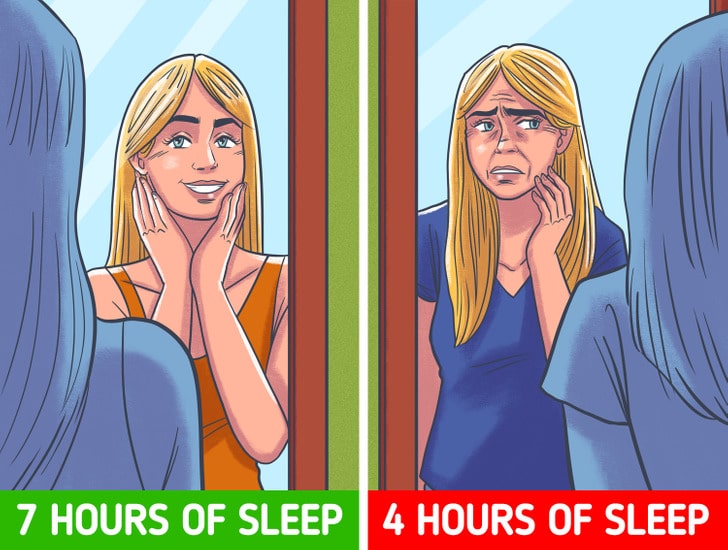
Sleep isn’t just a luxury—it’s a cornerstone of anti-aging. When you consistently miss out on those precious hours of rest, your body can’t perform the overnight repairs that keep your skin plump and your mind sharp. Lack of sleep ramps up cortisol, the stress hormone, which breaks down collagen and triggers inflammation. The result? Dark circles, fine lines, and a tired complexion that ages you beyond your years.
- How It Speeds Up Aging: The Sleep Foundation warns that sleep deprivation weakens your skin’s protective barrier, leading to dryness, dullness, and even breakouts. It also affects your overall health, increasing the risk of conditions tied to aging.
- The Evidence: A study in Clinical and Experimental Dermatology showed that poor sleepers had more visible signs of aging—like reduced elasticity and uneven tone—compared to those who got adequate rest.
- What You Can Do: Aim for 7-9 hours of quality sleep nightly. Create a wind-down routine with calming activities like reading or meditation, and keep screens out of the bedroom to avoid blue light interference.
Consider sleeping on a silk pillowcase, which reduces friction on your skin and hair, helping you wake up looking refreshed. Prioritizing sleep is one of the simplest yet most effective anti-aging tips you can follow.
Skipping Sunglasses on Sunny Days

Stepping outside without sunglasses might not seem like a big deal, but it’s a habit that can fast-track aging around your eyes and beyond. Unprotected exposure to UV rays damages the delicate skin around your eyes, breaking down collagen and causing crow’s feet. Plus, squinting in bright sunlight deepens those lines over time. UV rays don’t just harm your skin—they can also age your eyes, increasing the risk of cataracts and vision loss.
- How It Speeds Up Aging: The Skin Cancer Foundation emphasizes that UV exposure is a primary driver of premature skin aging, especially in sensitive areas like the eyes.
- The Evidence: Research in Dermatologic Surgery found that consistent sun protection can prevent up to 90% of visible aging signs around the eyes, underscoring the power of prevention.
- What You Can Do: Wear sunglasses with 100% UVA and UVB protection every day, even when it’s cloudy. Choose oversized or wraparound frames for maximum coverage, and pair them with a broad-spectrum sunscreen for added defense.
Investing in quality sunglasses isn’t just a style choice—it’s a smart move to slow down aging and protect your long-term health.
elying on Crash Diets for Quick Fixes
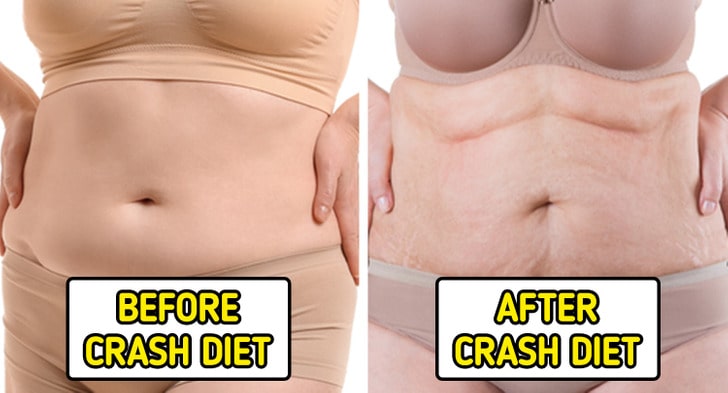
Crash diets promise fast weight loss, but they often come at a steep cost to your health and appearance. These extreme, restrictive plans—like juice cleanses or ultra-low-calorie diets—can stress your body, slow your metabolism, and strip your skin of essential nutrients. Yo-yo dieting (losing and regaining weight repeatedly) also leads to sagging skin and muscle loss, making you look older than you are.
- How It Speeds Up Aging: The Harvard T.H. Chan School of Public Health notes that crash diets often lack the vitamins and proteins needed for skin elasticity and overall vitality, accelerating aging signs.
- The Evidence: A study in the International Journal of Obesity linked yo-yo dieting to higher levels of inflammation and oxidative stress—both of which speed up cellular aging.
- What You Can Do: Ditch the quick fixes and embrace balanced eating habits. A Mediterranean-style diet—rich in vegetables, lean proteins, healthy fats like olive oil, and whole grains—supports sustainable weight management and nourishes your body from within.
If weight loss is your goal, aim for a gradual pace (0.5-1 pound per week) and consult a nutritionist for a plan tailored to your needs. Healthy lifestyle habits beat crash diets every time.
Conclusion
Aging gracefully isn’t just about luck—it’s about the choices you make every day. By kicking these five sneaky habits—sipping through straws, overindulging in sweets, skimping on sleep, skipping sunglasses, and relying on crash diets—you can take control of how you age. Small, consistent changes, like swapping sugar for antioxidants or prioritizing rest, can slow down the aging process and keep you looking and feeling your best.
The secret to youthful vitality lies in a holistic approach: nourish your body with wholesome foods, shield your skin from harm, and give yourself the rest you deserve. Start today, and let your future self reap the rewards of these healthy habits. Have your own anti-aging tips? Share them in the comments—I’d love to hear what works for you!
Preview photo credit Komsan Loonprom / Shutterstock.com, Michaelheim / Shutterstock.com

